EU research project IDEALFUEL seeks to develop marine low-sulfur heavy fuel oils from biomass; Bio-HFO
Green Car Congress
JUNE 26, 2020
In an EU-funded research project, an international consortium is aiming to develop new production methods for sustainable marine fuels to replace heavy fuel oils in shipping. In addition, the International Maritime Organization (IMO) is seeking to ban HFO use in Arctic waters. The participants are Vertoro B.V. (NL);





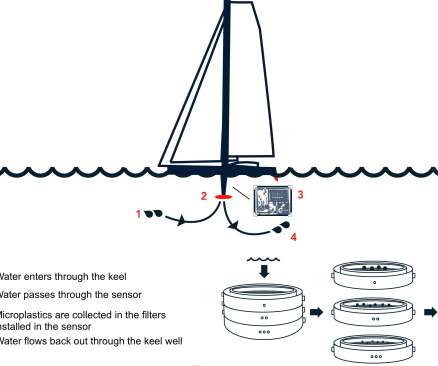


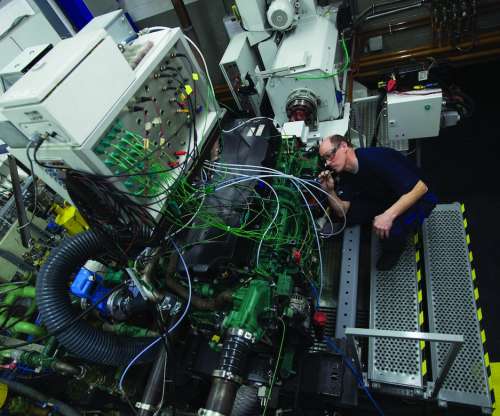

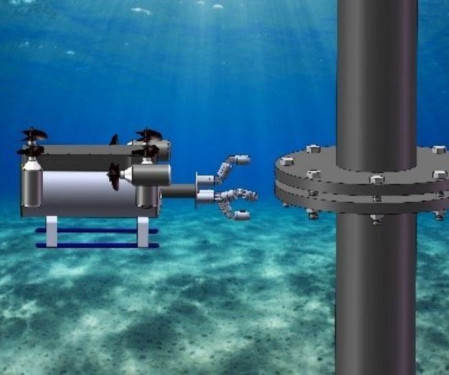













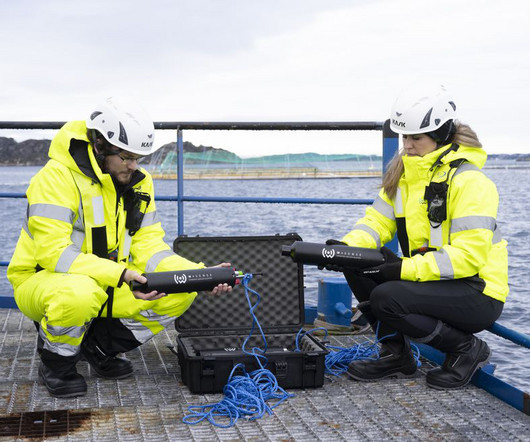


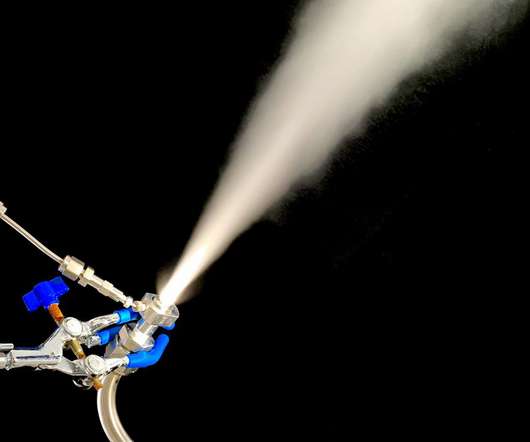









Let's personalize your content